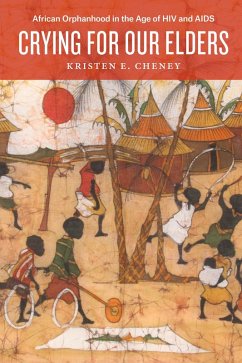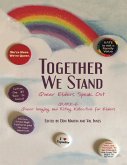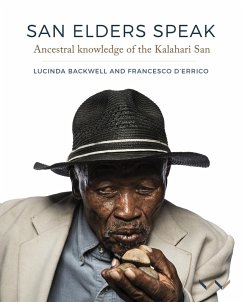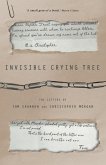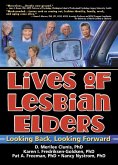The HIV/AIDS epidemic in Africa has defined the childhoods of an entire generation. Over the past twenty years, international NGOs and charities have devoted immense attention to the millions of African children orphaned by the disease. But in Crying for Our Elders, anthropologist Kristen E. Cheney argues that these humanitarian groups have misread the 'orphan crisis'. She explains how the global humanitarian focus on orphanhood often elides the social and political circumstances that actually present the greatest adversity to vulnerable children-in effect deepening the crisis and thereby affecting children's lives as irrevocably as HIV/AIDS itself. Through ethnographic fieldwork and collaborative research with children in Uganda, Cheney traces how the best interest principle that governs children s rights can stigmatize orphans and leave children in the post-antiretroviral era even more vulnerable to exploitation. She details the dramatic effects this has on traditional family support and child protection and stresses child empowerment over pity. Crying for Our Elders advances current discussions on humanitarianism, children s studies, orphanhood, and kinship. By exploring the unique experience of AIDS orphanhood through the eyes of children, caregivers, and policymakers, Cheney shows that despite the extreme challenges of growing up in the era of HIV/AIDS, the post-ARV generation still holds out hope for the future.
Dieser Download kann aus rechtlichen Gründen nur mit Rechnungsadresse in A, B, BG, CY, CZ, D, DK, EW, E, FIN, F, GR, HR, H, IRL, I, LT, L, LR, M, NL, PL, P, R, S, SLO, SK ausgeliefert werden.

